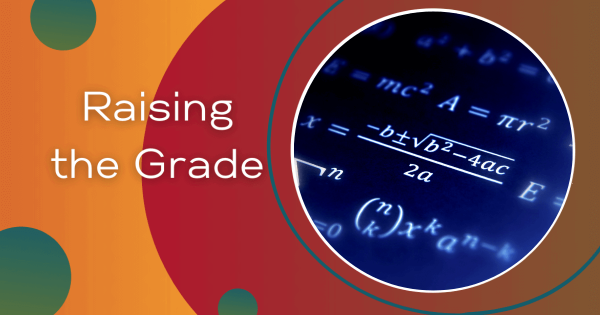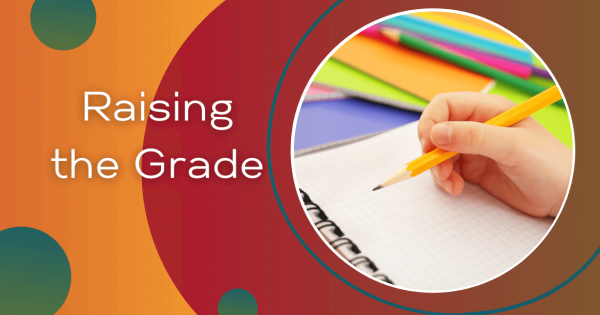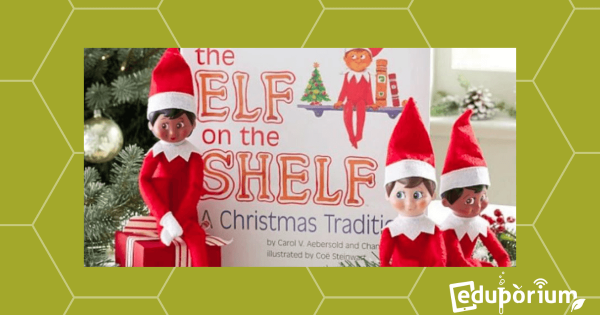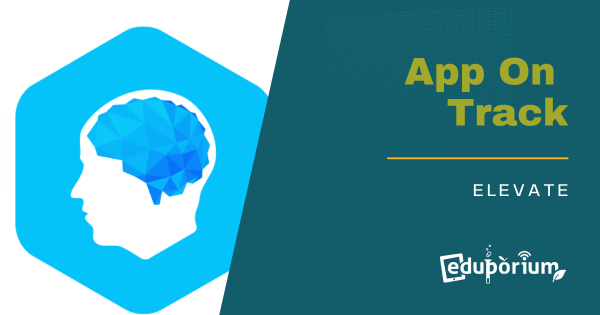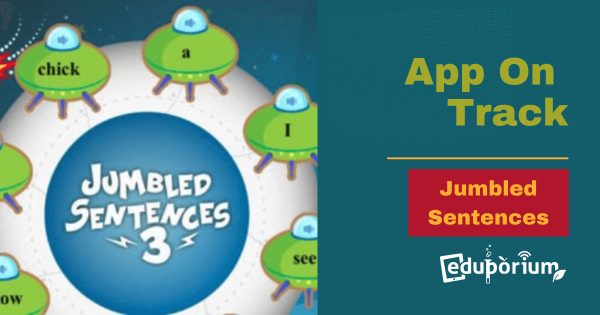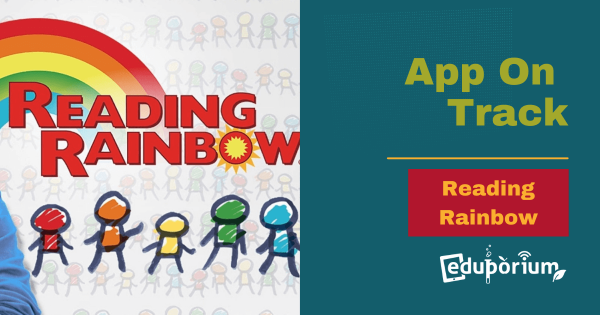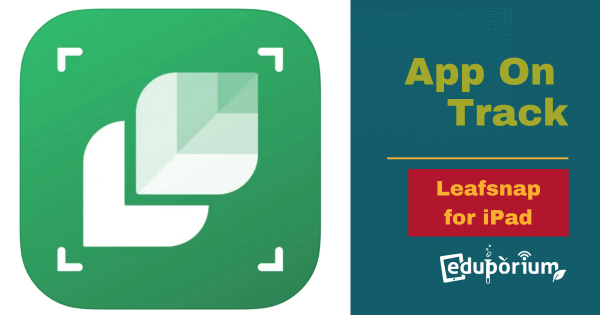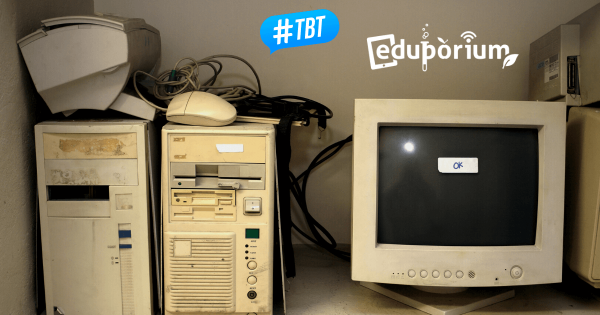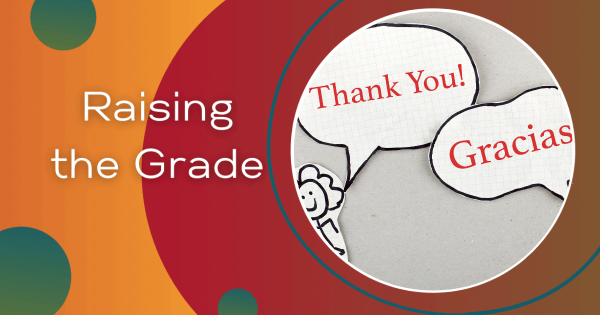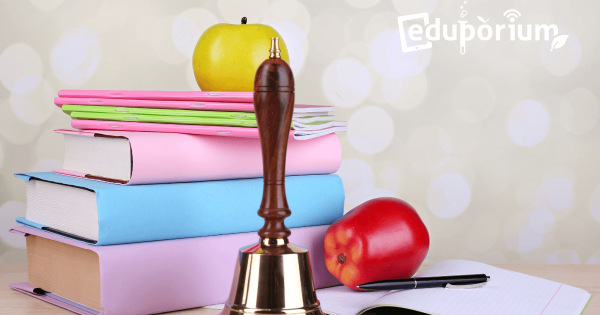Many elementary students would need to use manipulatives to solve the division problem above, probably by counting out 30 of some object then partitioning them into groups of six. But, how come as an adult, you were able to solve this problem without manipulatives? Is it because you learned math in school without manipulatives?
Teaching
Across today's schools, innovation meets inspiration and curiosity sparks boundless learning. In our STEM-focused education world, teaching will often be a truly exhilarating journey—even more so when fueled by key principles of science, technology, engineering, and math. In a 21st-century classroom, educators serve as navigators, igniting flames of inquiry and guiding children through intricate pathways of discovery. These days, each lesson is often a blend of hands-on experimentation, collaborative problem-solving, and critical thinking exercises. By implementing these teaching styles, teachers often better prepare the next generation of innovators and problem solvers. STEAM-focused educators in today's classrooms not only convey knowledge, but also facilitate exploration, encourage students to ask questions, challenge assumptions, and explore the world around them.
From coding and robotics to environmental science and mathematics, modern curricula are diverse and adaptive, mirroring the landscape of STEM. In a K-12 classroom, failure is not feared, but celebrated as a stepping stone towards greater understanding. Through trial and error, students learn resilience, perseverance, and that success can arise from perseverance in the face of challenges. Today's instructors beautifully understand this importance of their role in fostering inclusion and diversity in STEM fields. With teaching practices that prioritize equitable access to resources and opportunities, teachers can ensure kids feel empowered to pursue passions and contribute to their STEAM community. Explore the content on inspirational teaching approaches below to help unlock authentic growth in students. Together, we can inspire the next generation of scientists, engineers, and innovators to succeed.
-
Raising The Grade: Obstacles to Writing
As a fourth grade educator, one writing standard in particular stands out to me, Writing Standard Number 6. It states that with support from a teacher, by the end of the year, fourth graders should be able to “1. Use technology, including the Internet, to produce and publish writing as well as to interact and collaborate with others. -
App On Track: Elevate—Brain Training
Elevate’s short, enjoyable mini-games include activities like recalling key elements from conversations and answering true-false questions as quickly as possible. As you play a few of these games each day, the app tracks your progress and creates a personalized workout that adapts as you strengthen key abilities, helping you stay motivated over time. -
App on Track: Jumbled Sentences
The Jumbled Sentences series 1-9 is designed for beginners to improve their writing skills. This app offers students an easy and interactive way for beginners to learn the word order in a fun way. ‘OK’ button allows you to do self-checking on your own and get the correct answer without anyone’s help, building key skills in the process. -
App On Track: Using Reading Rainbow
Children can enjoy five books for free, while a paid subscription gives them access to hundreds more across fun categories like Awesome People and Animal Kingdom, with recommendations based on their interests. Parents can use the app to promote reading at home, and it offers teachers a vast library, making it easy to align with Common Core. -
App on Track: The Leafsnap App For iPad
Leafsnap is the first in a series of electronic field guides being developed by researchers from Columbia University, the University of Maryland, and the Smithsonian Institution. This free mobile app uses visual recognition software to help identify tree species from photographs of their leaves. Leafsnap contains high-resolution images of leaves, flowers, and more. -
Throwback Thursday! Hmm... This Day in History
Here’s an idea. You see that category list to the right side of this blog? Well, the one called “Here and Now” is usually dedicated to posts relevant to the day they are published on, such as “Pi Day” and other “holidays”, as well as current events. What if I looked up today in history? Then I could find something -
Raising The Grade: A 50/50 Split by E.M. Jones
I frequently tell students they’re fortunate to attend a bilingual school. They receive half of their instruction in English and half in Spanish. My students truly have an advantage when it comes to finding careers if they learn and practice both languages. With knowledge of multiple languages comes more career options and higher salaries. -
What To Fund? A Look At This Unique Charter School
The debate about the what are the most important elements in education has been going on since ancient times. For as long of a period, educators have been gathering together and doing “something different” to teach the next generation of children. In this case, charter schools have been here all along! Well, not quite. Head inside to learn more.




